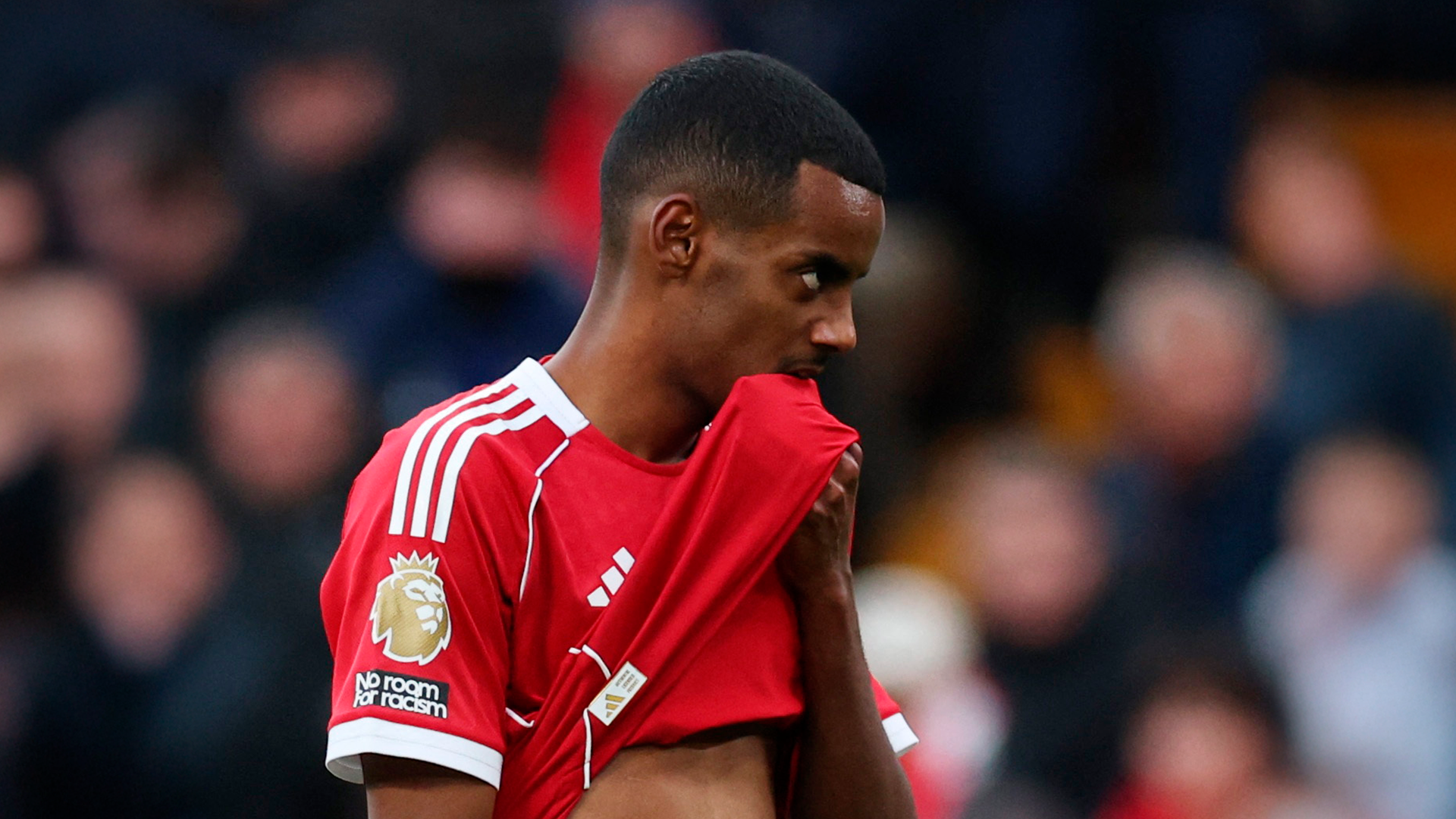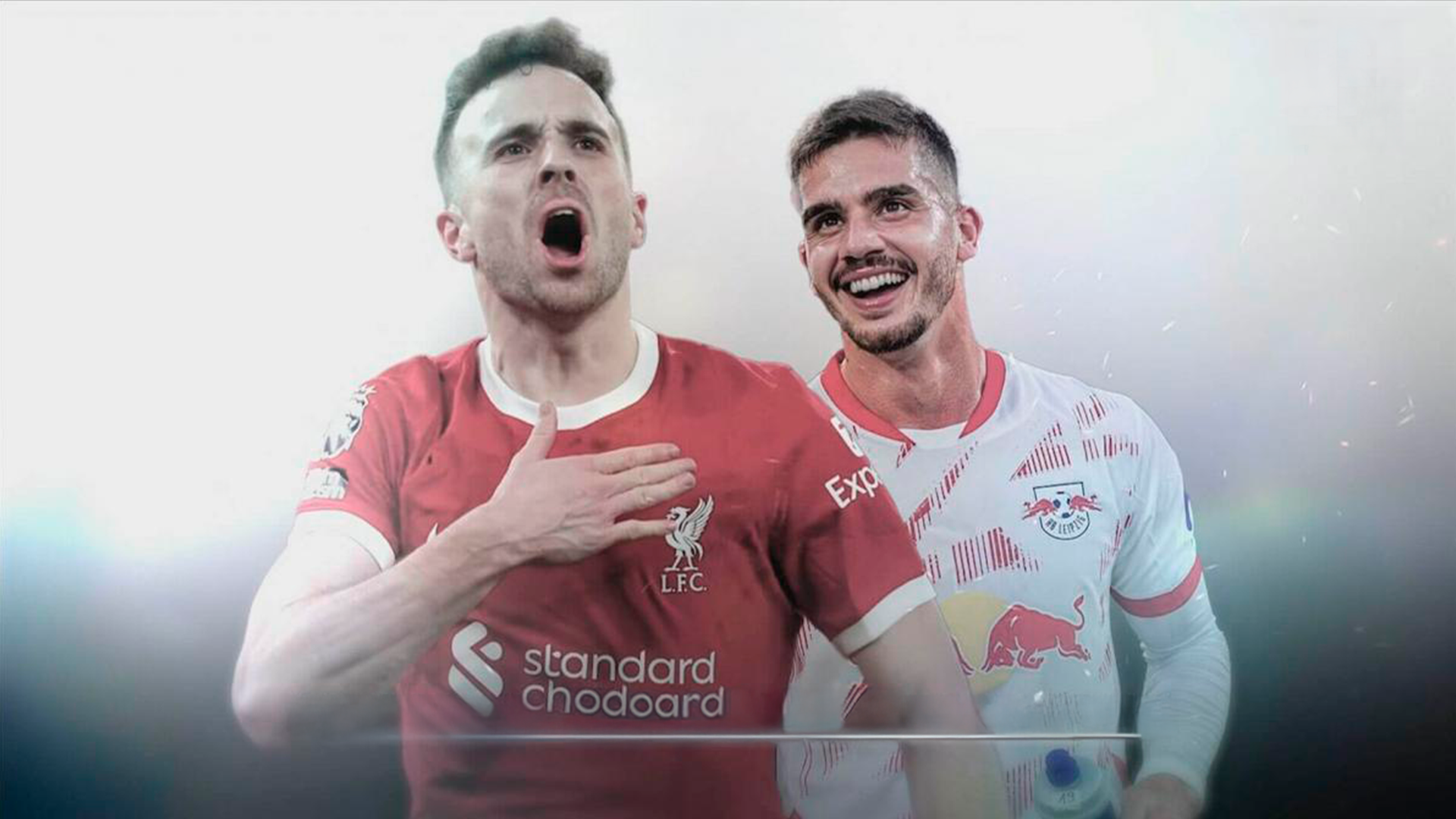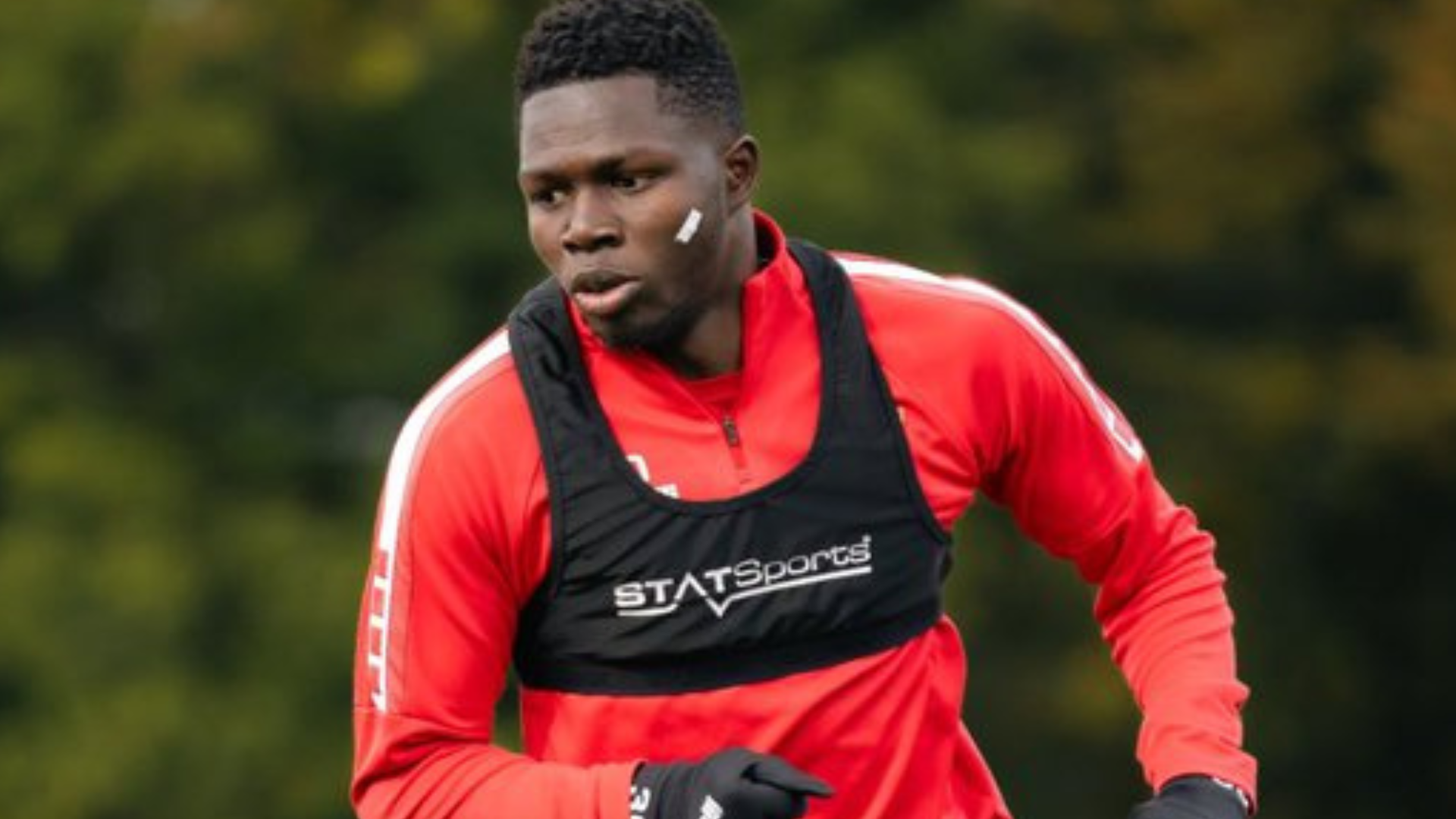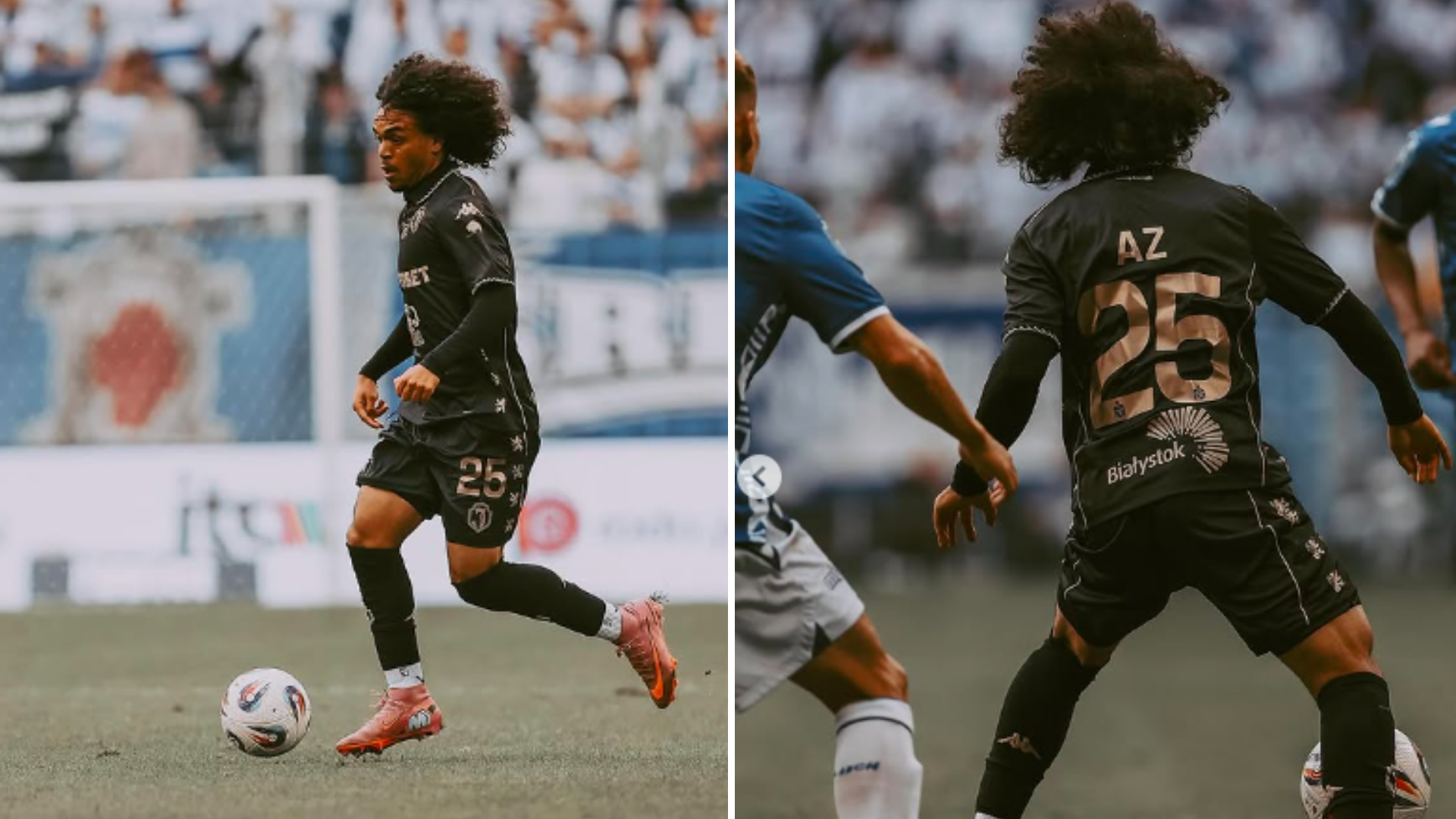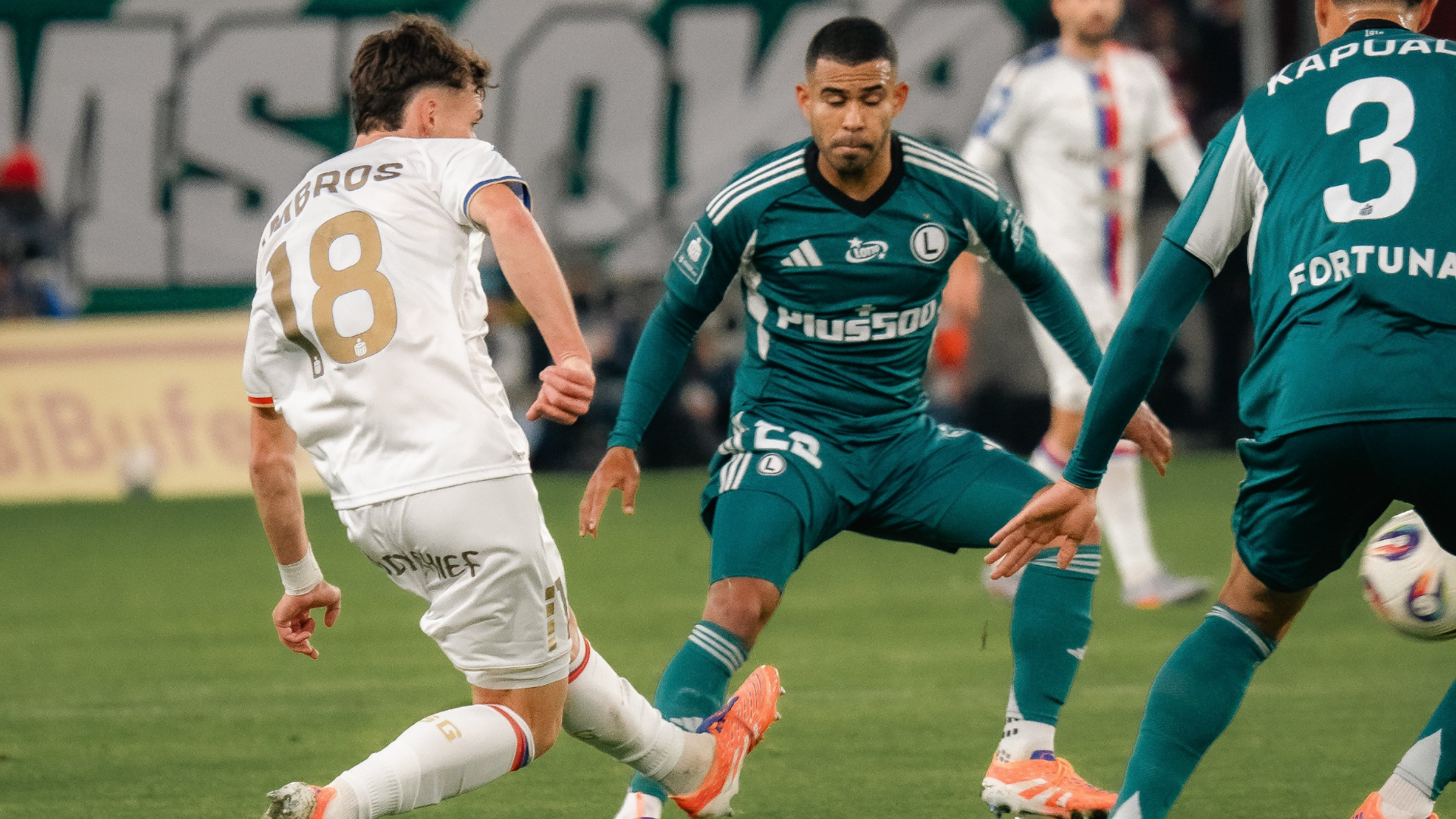- Home >
- Soccer >
- PKO BP Ekstraklasa >
- The Yale Student Breaking Barriers in Poland: Kahveh Zahiroleslam’s Remarkable Journey
The Yale Student Breaking Barriers in Poland: Kahveh Zahiroleslam’s Remarkable Journey
A Yale graduate making his way through European football, balancing identity, academics, and ambition, now becoming one of the most unique stories in Polish soccer.
Roots, Identity and Dual Nationality
The only soccer player in Poland who graduated from... Yale. After earning a bachelor's degree in international relations from one of the world's top universities, Kahveh Zahiroleslam set out to conquer European soccer. “My friends thought I was crazy,” says the footballer, who is eligible to play for both the US and Iranian national teams, in an exclusive interview with beIN Sports USA.
Filip Zieliński (beIN Sports USA correspondent in Poland, journalist for Przegląd Sportowy Onet): I'd like to start with your roots. You were born in the United States, but you're originally from Iran, right?
Kahveh Zahiroleslam (Cracovia striker): Yes, that's right. My parents were born in Iran, but I was born in the United States. They left Iran during the turbulent period of the second half of the 20th century. They came to the United States in search of a better life. Because of the economic situation, but also for other reasons—you know, there were political issues that led to the move.
They succeeded, because your dad works in Silicon Valley.
Yes, we live here. My dad is a software engineer.
Being American, Iranian… and a Footballer in Europe
FZ: Nowadays, being American and Iranian is an interesting political mix. How do you perceive the tensions between the countries? Is it a difficult situation for you?
KZ: Yes and no. You know, I grew up with it, but I think it gives me a diverse perspective on many issues in world politics and on many issues concerning the United States or Iran.
FZ: Do you feel more Iranian or American today?
KZ; It's hard to say, I think it depends on the situation I'm in. I think my personality is definitely a combination of both cultures. Each one comes out at different times.
FZ: Have you thought about which national team you would like to play for? In less than a year, Iran will take part in the World Cup.
KZ: I would like to play for either of them. You know, whichever one invites me and gives me a chance. Why not?
FZ: Have you received any offers from either national team?
KZ: Not yet.
College Soccer vs. European Football
FZ: You played soccer at university. There is no such system in Europe. Looking back, do you think that training at university allowed you to compete with your peers in Belgium or Poland? If you hadn't studied, would you have been able to develop faster?
KZ: I don't know. I don't think so. I don't think the grass is necessarily greener somewhere else. I know what I gained from my college experience, and I developed a lot during the three years I spent there. I would say that if I had been good enough to play professionally at 17-18, I would have done so, right? I would have signed a contract with an MLS team or something like that, like most kids who do that in the United States. But college was the right path for me, that's for sure.
FZ: Was there a big difference in the level of soccer between the United States and Belgium and Poland?
KZ: Of course. The college league in the US is an amateur league, and the other two are top-flight leagues in Europe. The difference is huge. Physically, college soccer is very demanding, especially when I was studying there. Now the rules have changed a bit, for example regarding substitutions and such. But the easiest way to explain it is this:
Every day from 9:00 a.m. to 4:00 p.m. you're in class, right? Then you train for about two hours and go home. When you're a professional soccer player, soccer is your life. It's all you do. So you devote 100 percent of your attention to being better at one specific thing during that period, while a college athlete has to juggle many different areas of life. That doesn't mean college athletes can't have the potential to be just as good or even better.
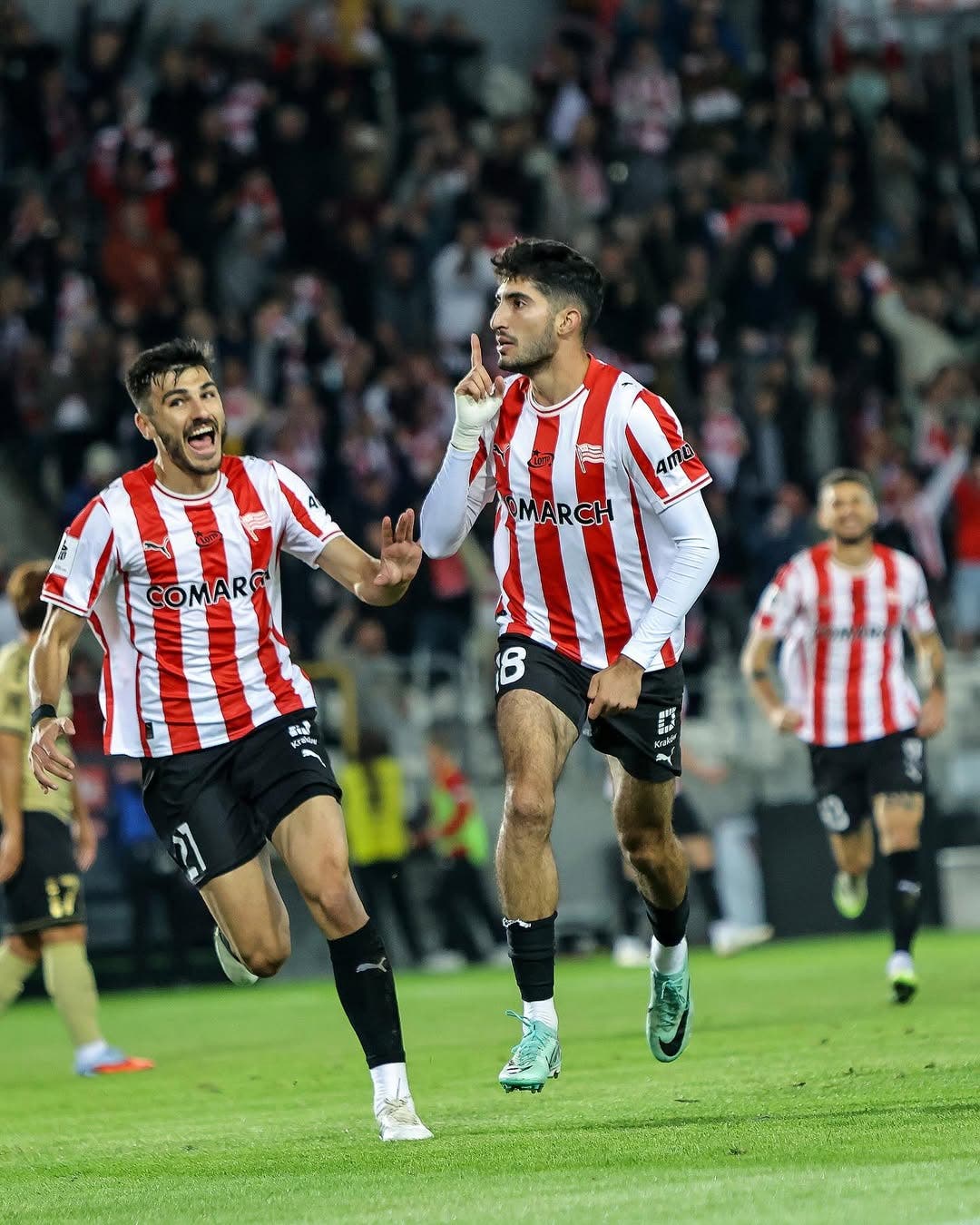
Balancing Yale and a Football Career
FZ: I don't know of any other soccer player who studied at a university as prestigious as Yale during their active career. How did you manage soccer and studying?
KZ: You just have to manage your time very well and be aware that there are only 24 hours in a day. So you have to sacrifice something, whether it's hanging out with friends, parties, dates with your girlfriend, or whatever else. It just depends on how you prioritize your responsibilities.
FZ: What did you study?
KZ: I earned a bachelor's degree in international relations.
Leaving Yale for Europe
FZ: How did your friends at Yale react to your decision to leave the United States to play soccer?
KZ: My friends thought I was crazy. They wondered who leaves Yale early, because I was finishing my studies online to play soccer in Europe. Because, you know, it's unusual. Getting a Yale degree and taking a well-paid job in a big city in the United States is much safer, and that's what people usually decide to do. But that was never my intention.
FZ: Is soccer more profitable in Poland or Belgium than working after graduating from Yale University?
KZ: It depends. I'm not interested in money, so that's an irrelevant question for me.
Family, Expectations and Stereotypes
FZ: Weren't your parents unhappy that you chose sports? It's like putting all your eggs in one basket.
KZ: The most important thing for my parents was always for my brother and me to get an education. So when I first told them what I was going to do, it was difficult for them. But in the end, after many conversations, including with university staff, during which I explained that I could still complete my studies online, they agreed to let me do what I wanted.
FZ: There is a widespread opinion that soccer players are not usually very intelligent. I'm not talking specifically about Cracovia, but when you're in the locker room, do you feel that you're too intelligent for soccer?
KZ: No. We don't have math lessons in the locker room. We're just normal people having everyday conversations. “Good morning. How are you? How was your day?” Everyone is intelligent. You have to be intelligent to reach at least this level of world football. So no, I don't think so at all.
Adapting to Poland and Life at Cracovia
FZ: Do you think that intelligence off the pitch has anything to do with intelligence on the pitch?
KZ: I think it depends on what skills you have. I've played with some players who weren't very smart off the pitch and were even ridiculed by others for it, but they were absolutely amazing on the pitch. And vice versa. So I think you can't really say that it depends on each person.
FZ: How do you feel in Poland? It's a completely different culture that you're experiencing in your life.
KZ: I like it here very much, I really like Krakow as a city and I really like the team.
FZ: What surprised you about your new country?
KZ: How good Polish food is. I had never eaten Polish cuisine before and didn't know what it was like, so I was pleasantly surprised.
Competition, Ekstraklasa and Career Goals
FZ: How do you feel at Cracovia?
KZ: I feel very, very good at this club. The club definitely supports the players and I have a superb feeling about my career here.
FZ: After 11 games, is Ekstraklasa the right league for you?
KZ: Of course, I haven't played here much yet, but I definitely think it's a good league where I can continue to develop my game and as a player.
FZ: So far, you've only played at the end of matches because you're competing with one of the best strikers in Poland, Filip Stojilkovic. What is your rivalry like?
KZ: We don't have any problems between us. Filip is a great guy and a great player. I've learned a lot from him just by watching him and the way he plays. I think it's always helpful for a young player to have a good striker in front of him and compete with him. Let's say there are three strikers in Krakow from whom you can always learn something.
FZ: Cracovia started the season very well, but now the club is going through a minor crisis. What can Cracovia achieve this season?
KZ: I don't think there are any limits to what we can achieve. I think it's up to us to refocus and refine our identity, and I really believe that there are no limits.
FZ: What is your goal for this season?
KZ: To play more. Of course, to score goals and help the team in every way possible to win as many games as possible.










